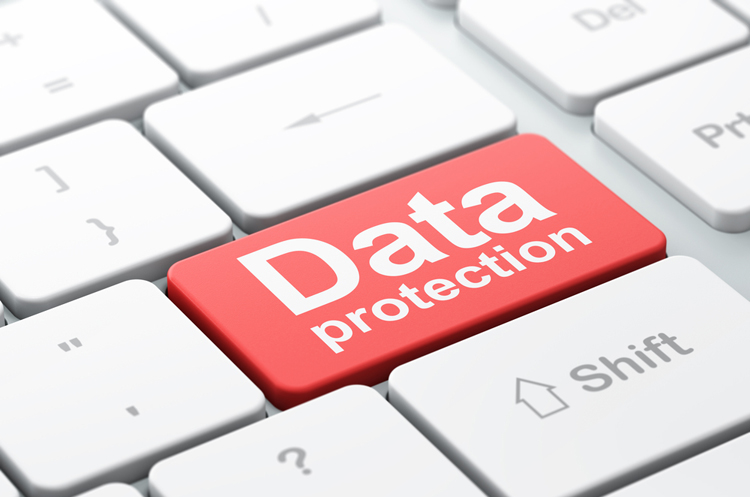In this present day and age where the world is far more global and interconnected, it is vital that you take measures to ensure your safety. Although everyone’s approach is different, there are key ways that you can protect yourself from the many threats that are present in the outside world. The first thing that may come to mind when you think about security is locking your doors at night or not carrying valuables around. Beyond these things, there are several other ways to keep yourself safe, and one of them includes guarding your identity. If you continue reading, you’ll see everyday ways to protect your identity below.
Keep Documents Safe
One of the first ways that you can protect your identity is by keeping your documents as safe as possible. Your information can easily be picked up from documents with personal information, so ensure you shred them if you can. If you’re wondering exactly which personal details you need to protect, ideally, it should be your name, date of birth and address. Such information can be used to take out loans, credit cards, or mobile phones in your name.
Review Bank Statements Regularly
Another way to protect your identity is by reviewing your bank statements regularly. Seeing as so many transactions are likely to occur on your account on a regular basis, it’s key that you’re able to keep track of them all. By reviewing your bank statement, you may be able to pick up on any strange activities or unauthorised transactions.
Use Social Media Wisely
Social media has become a platform for expression as well as a diary for many. This means that personal details are shared online either through status updates or images. To avoid personal information being stolen and used, try to avoid sharing such things with everyone online. Only share minimal information so that you reduce the chances of your identity being stolen.
Create Strong Passwords
In addition to the mentioned, creating strong passwords is also crucial if you want to protect your identity. If not, outsiders may find it easy to break into your email and other accounts with sensitive information. To create a strong password, try choosing a strong password that includes uppercase, lower case, symbols, and numbers. Password manager and two-step authentication could also go a long way. For instance, have a pin and also a fingerprint logged on your smartphone.
Avoid Sharing Sensitive Information
Other sensitive information that you should try and avoid sharing is your pin numbers as well as passwords. You never know where someone may write it down or share it, and at that point, it could become public information. If you must share it with someone, ensure that you can trust them and it isn’t written down anywhere.
What if You are Accused?
If you are wrongfully accused of fraud, it is imperative that you build a strong case to defend yourself. There are many lawyers who specialise in fraud; they can help you out of a serious fraud case, be it business fraud or tax fraud.
Protecting your identity both on and offline is important. The stress associated with someone stealing your identity can be overwhelming as well as inconvenient. In light of this, hopefully, the tips above are ones you can use in your everyday life.


